- By Alex Hollings
Share This Article
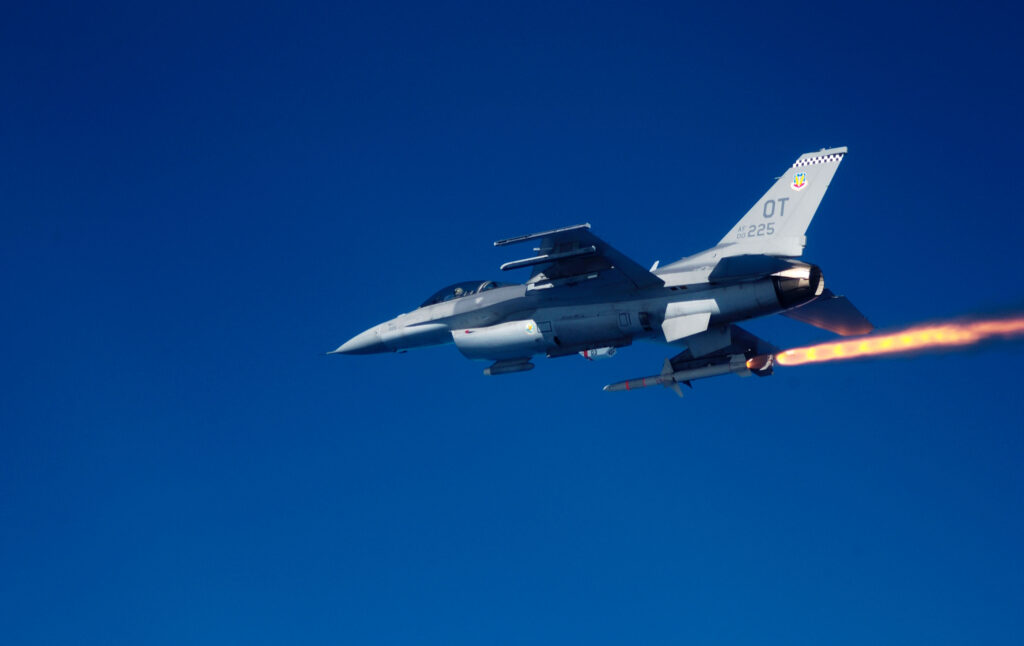
Ukrainian fighter pilots are now training to operate F-16s provided by a growing list of Western partners. The F-16 jet promises to offer the embattled nation a significant increase in combat capability.
Perhaps the biggest benefit the F-16 can offer Ukraine (beyond bolstering airframe numbers) is in the suppression or destruction of enemy air defenses (SEAD/DEAD).
The nimble F-16 has proven extremely effective in this role for the United States since absorbing it from the F-4G Wild Weasel. American F-16s tasked with SEAD/DEAD missions often have specialized equipment to coincide with the specialized training pilots flying these missions receive. Even the somewhat dated F-16s heading for Ukraine will immediately offer a significant boost in SEAD capability.
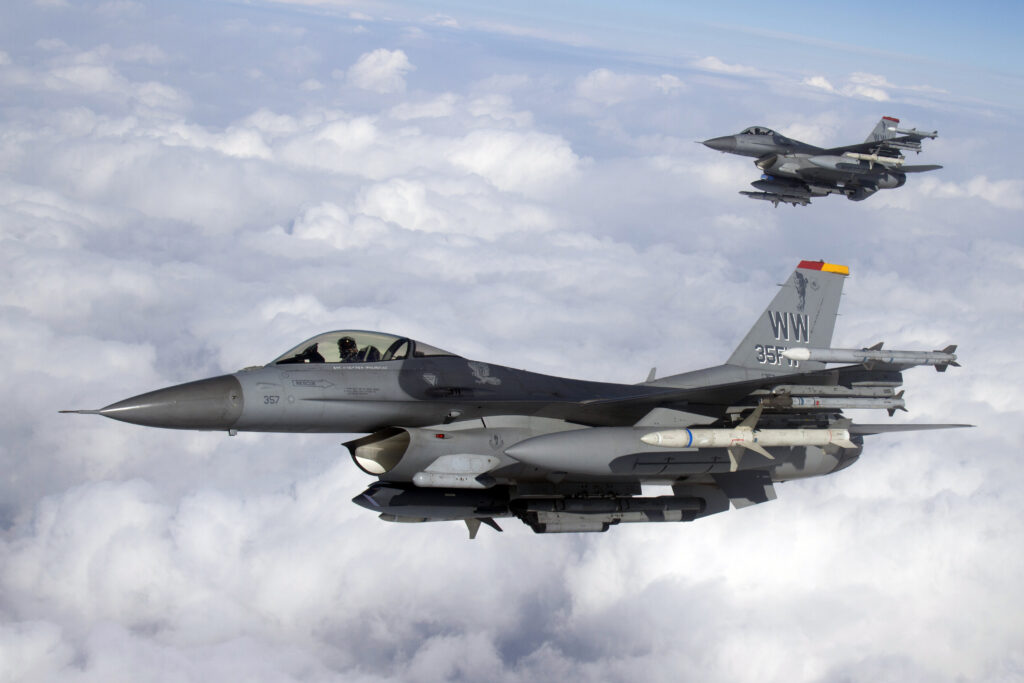
Ukrainian forces have been leveraging America’s AGM-88 High-Speed Anti-Radiation Missile (HARM) since August of 2022 or earlier, but because these weapons are being deployed by dated Soviet jets that were never intended to use them, their utility has been dramatically limited.
Anti-radiation missiles like the HARM work by honing on the electromagnetic radiation broadcast by radar arrays – in other words, radar waves – making them uniquely suited for the SEAD role. American Wild Weasel pilots often fly their aircraft into contested airspace, waiting for enemy air defense systems to power up in an attempt to target them or their wingmen. Once the air defense systems are broadcasting radar waves, Wild Weasel pilots launch their HARM missiles to hone in on those radar waves and destroy the air defense equipment.
It’s important to understand that there are several iterations of the HARM missile, each with a few unique capabilities and limitations, so for the most part, we’ll have to speak in generalities about how the new modes available with the F-16 could affect the SEAD mission.
Related: Why stealth helicopters are so hard to design
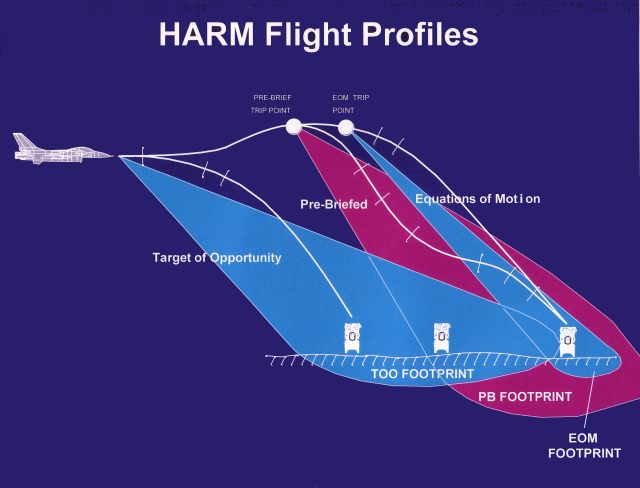
Ukraine’s Soviet-era fighters are only able to leverage the HARM missile in what many call the “pre-briefed” mode. In effect, the missile is pre-programmed with a target area and then launched by an aircraft, often at a fairly long distance. The missile flies toward its intended target area, using its seeker to look for any air defense systems powering up and broadcasting radar waves for it to then close with and destroy.
This method can be very effective, especially when launching these missiles in volume, as even if they don’t ultimately destroy enemy radar sites, their presence alone will often prompt air defense crews to power down their arrays. This effectively amounts to suppression of air defenses, as those powered-down arrays allow aircraft to operate inside the contested area for a short time. However, once the HARM threat has passed, these arrays can power back up and begin hunting for Ukrainian jets all over again.
Related: Destroying Kerch Bridge is key to retaking Crimea, but can Ukraine manage that?
However, if operated by an aircraft carrying NATO-standard busses that allow pilots to leverage their full capability set, HARMs have two more operational modes that can be very handy in a fight, “self-protect” mode and “target of opportunity” mode. In self-protect mode, the aircraft’s onboard radar warning receiver identifies an enemy radar array that’s broadcasting. It then passes that target data over to the HARM, which can hone in on either the broadcasting radar or the specific location that waves were coming from in the event the enemy powers the system down. The target of opportunity mode is similar but allows the AGM-88’s onboard seeker to spot enemy radar arrays powering up, which then alerts the pilot to launch the weapon.
These additional modes will provide Ukrainian F-16 pilots with more options for the suppression or destruction of enemy air defense operations, effectively allowing for a larger emphasis on the destruction of these assets than their suppression. And because these MLU F-16s are equipped with AN/ALR-69A(V) Radar Warning Receivers, they will be much better suited to avoid incoming missiles than Ukraine’s current jets.
Editor’s Note: A version of this article was previously published as part of an in-depth analysis of the utility of F-16 jets for Ukraine.
Read more from Sandboxx News
- Sandboxx’s Alex Hollings nominated for 5 Defence Media Awards
- A first-hand account of my own Black Triangle UAP sighting
- The North Korea – Russia summit: A deep humiliation for Putin
- The birth of stealth: How defeating radar became the way of war
- We asked AI to create images of top-secret new stealth aircraft and these were the results
Related Posts
Sandboxx News Merch
-

‘AirPower’ Golf Rope Hat
$31.00 Select options This product has multiple variants. The options may be chosen on the product page -

‘Kinetic Diplomacy’ Bumper Sticker (White)
$8.00 Add to cart -

‘Kinetic Diplomacy’ Bumper Sticker (Black)
$8.00 Add to cart

Alex Hollings
Alex Hollings is a writer, dad, and Marine veteran.
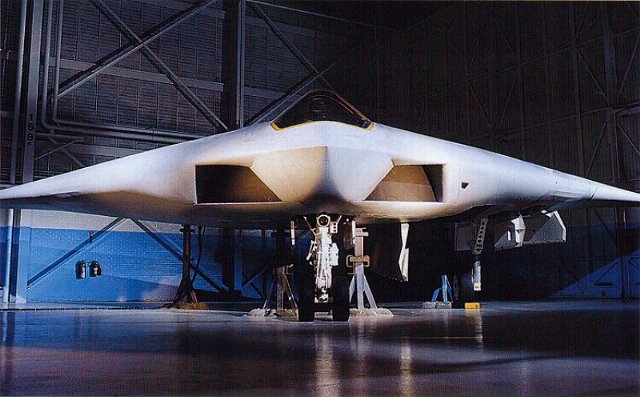
The A-12 Avenger II would’ve been America’s first real ‘stealth fighter’
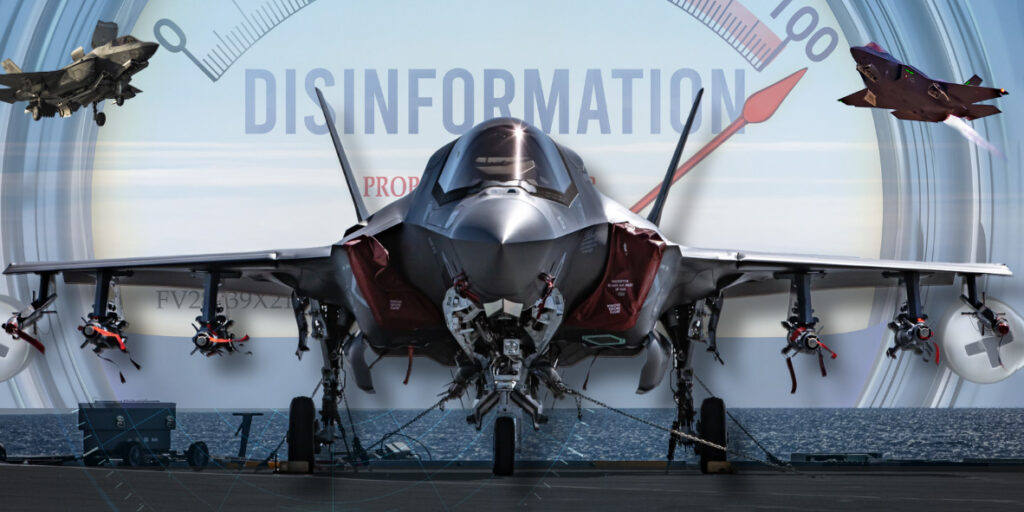
Why media coverage of the F-35 repeatedly misses the mark
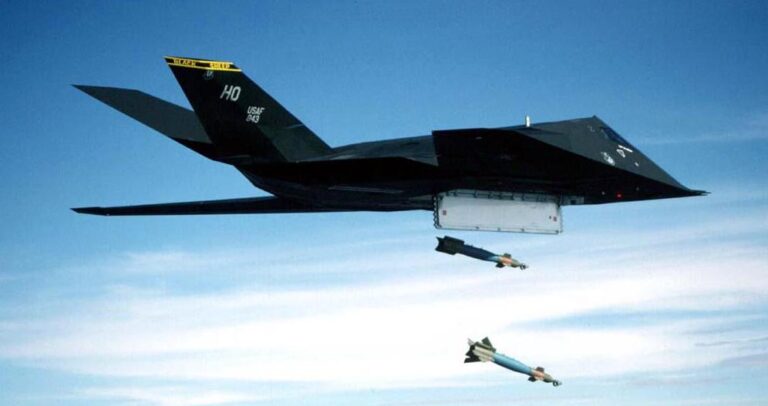
It took more than stealth to make the F-117 Nighthawk a combat legend
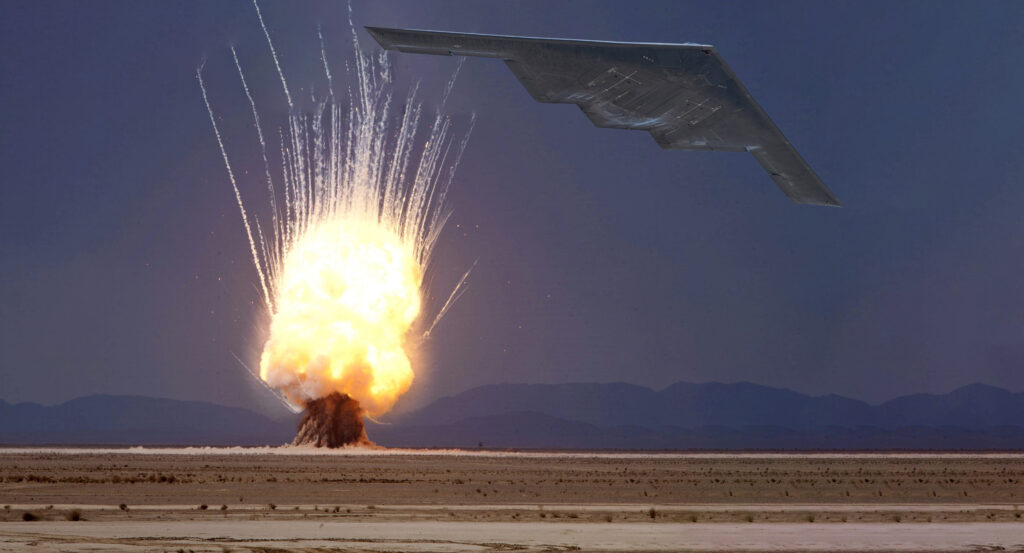
B-2 strikes in Yemen were a 30,000-pound warning to Iran
Sandboxx News
-

‘Sandboxx News’ Trucker Cap
$27.00 Select options This product has multiple variants. The options may be chosen on the product page -

‘AirPower’ Classic Hoodie
$46.00 – $48.00 Select options This product has multiple variants. The options may be chosen on the product page -

‘AirPower’ Golf Rope Hat
$31.00 Select options This product has multiple variants. The options may be chosen on the product page -

‘Sandboxx News’ Dad Hat
$27.00 Select options This product has multiple variants. The options may be chosen on the product page
